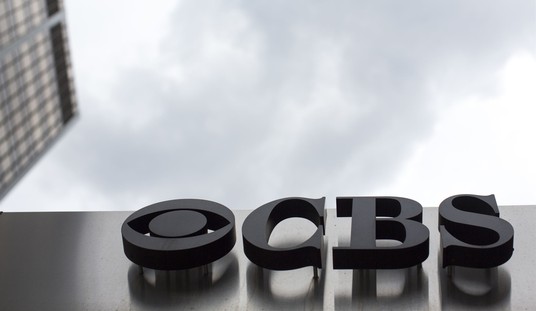The other day, we told you how fewer teens and young adults are identifying as trans, and while there's a small grain of thought to be had with that shift, it's a reason to be optimistic.
There's also a surge of Christianity in the United States, according to several sources.
🚨 JUST IN: Stunning data reveals Christianity is SURGING in the United States
— Eric Daugherty (@EricLDaugh) October 15, 2025
Bible sales: +41.6%
App downloads: +79.5%
Christian music streaming: +50%
What an amazing sight to see. pic.twitter.com/4uixSGfCjl
The increase in Bible sales is up 41.6% since 2022, while both app downloads (up almost 80%) and Christian music consumption (up by 50%) have increased since 2019.
Some on social media noted this shows a rise in the consumer side of Christianity, and expressed hope it would translate into deeper Christianity.
This is encouraging. However - notice that the metrics are all consumer metrics (buying, downloading, streaming). The way we’ll identify revival is if this leads to conversion, discipleship, & embodied presence in local churches. https://t.co/NFBKEOIURT
— Bob Thune (@bobthune) October 15, 2025
Those metrics do exist.
Recommended
Pew Research shows that the number of people who identify as "religiously unaffiliated" has leveled off after rising rapidly for decades. 62% of American adults say they are Christian, while 29% fall into the "religiously unaffiliated" group. Protestantism is the largest group of Christians, with 40% of respondents identifying with one of those denominations. 19% are Catholic and 3% are some other Christian denomination. Of the 29% who are unaffiliated, 5% are atheist, 6% are agnostic, and 19% have no particular religious belief system.
Other metrics of religious faith remain steady. 44% of adults report praying at least once a day, a figure that has held steady since 2021. The overwhelming majority of Americans also hold spiritual outlooks, including 86% of people who believe humans have a soul, 83% who believe in God or a "universal spirit," 79% who believe in a spiritual world beyond the natural one, and 70% who believe in heaven or hell.
The Barna Group reports that church attendance is up among Gen Z and millennials, writing, "The typical Gen Z churchgoer now attends 1.9 weekends per month, while Millennial churchgoers average 1.8 times—a steady upward shift since the lows seen during the pandemic." They also report that men have a higher rate of regular church attendance, with 43% of men attending weekly compared to 36% of women. Additionally, married dads with children under the age of 18 show up at church most frequently.
In 2024, the Southern Baptist Convention, America's largest denomination, reported over a quarter of a million baptisms. Alpha, a course focused on Christian fellowship and exploration that started in 1977, also reported that more than two million people participated in the program last year.


